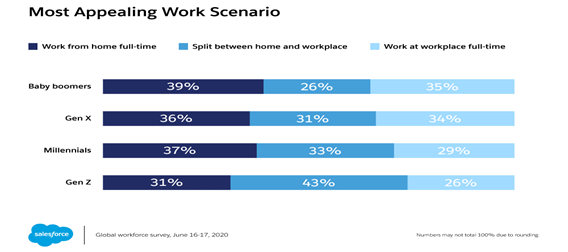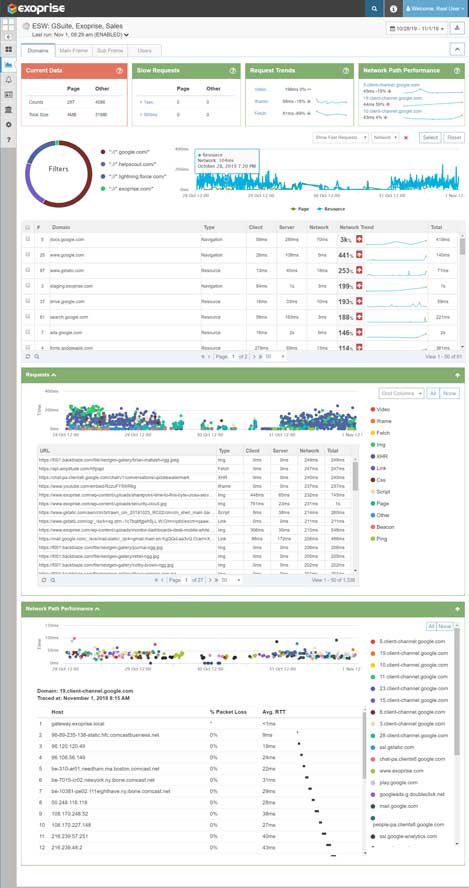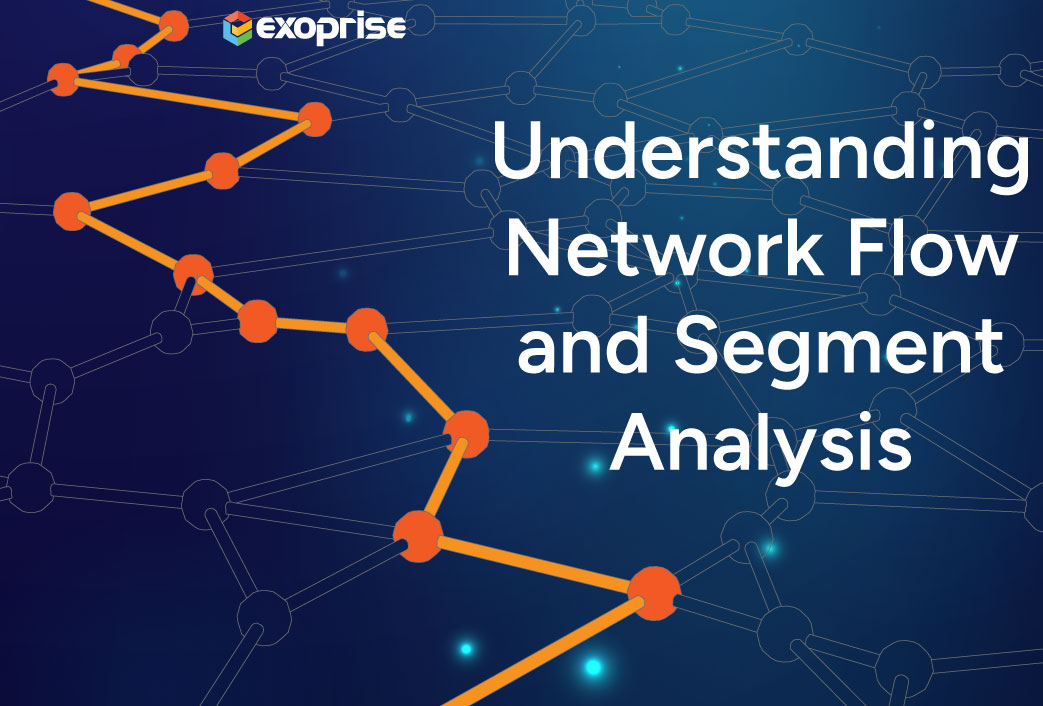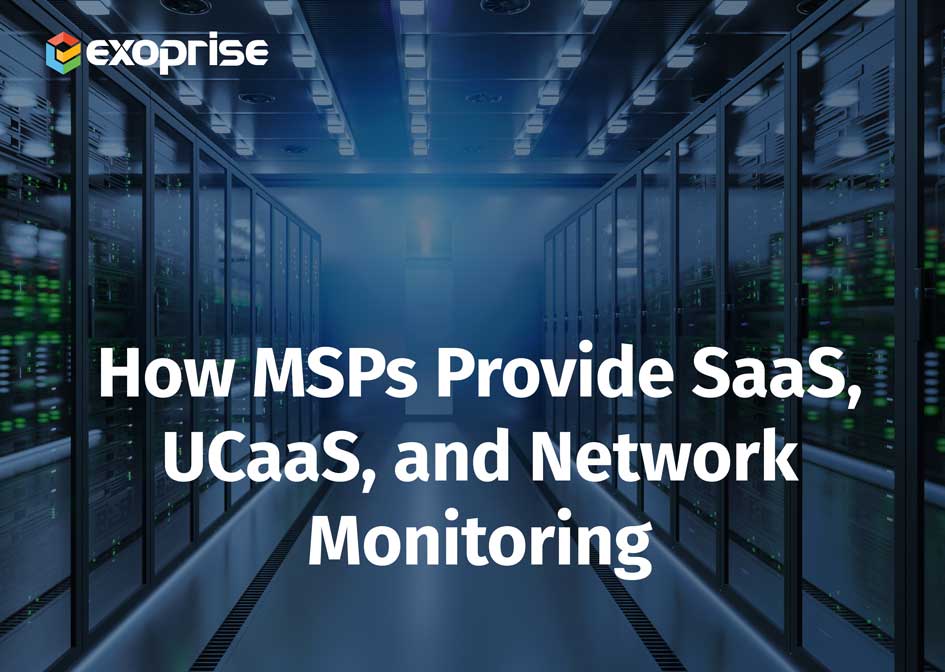With every webpage loaded, email sent, or video streamed, network traffic takes a complex journey…
Return to work is happening. After working remotely from home for months due to Covid, companies are now offering employees the option to return to their workplace. In a survey done by Google, 62% of its workers would like to return to the office at some point and see their work future as more flexible. This sentiment is catching up among the rest of the enterprises in Silicon Valley and the rest of America. The hybrid remote workplace model continues to be appreciated by employees seeking to spend more time with family and engaging with the office community. Generation Z will soon become the largest segment of the workforce to favor this model the most. A Salesforce survey of its global workforce reveals that 74% of Gen-Z would prefer either working from home full-time or splitting their time between home and workplace.

Can Information Technology Keep Up?
But how will IT prioritize its activities towards this new paradigm shift? With changes in the working landscape, employee attitudes, and the need to effectively serve business, IT will need to quickly optimize the hybrid environment for its large, distributed workforce. That means designing dynamic network structures and creating custom configurations that support Work From Home (WFH) and the corporate HQ environment equally. Automation efforts will peak to normalize IT, move heavy workloads to the cloud, deploy SaaS applications, and run scripts to monitor a variety of endpoint devices both at work and home. At some point, more stakeholders would need to get involved in the decision-making process for procuring new hardware and renewing hybrid multi-cloud/ISP service agreements. According to the latest Forrester report in July 2020, 56% of IT decision-makers surveyed report that their organizations have increased their overall IT and hardware budget. Ultimately, new technology solutions that can perform end-to-end application monitoring and provide deep visibility will ensure effective rollout and management of these hybrid environments. Employee digital experience monitoring (DEM) of remote work and hybrid work models will be a requirement.
Digital Experience Monitoring For Hybrid Work Environments

Measuring employee digital experience has now become a strategic priority and objective for businesses looking to compete successfully. The pandemic has forced millions of Americans to work from home. Besides the usual distractions from children and pets, network connectivity, and application issues at home continue to impact employee productivity and timely deliverables. And the fact of the matter is that not every employee wants to return to work. At the office, safety concerns and social distancing guidelines can impair one’s ability to comfortably interact with their colleagues and utilize technology in the best format for managing business workflow needs. These operational challenges and mismatch of digital experience necessitate that management also invests in solutions that optimize the end-user experience across the different hybrid work spectrum. From a compliance and security standpoint, on-boarding and assimilating existing and new employees in a hybrid workplace environment would be another challenge IT will have to keep in mind.

Late September of this year, we launched our latest flagship product – Service Watch Desktop that collects advanced real-user telemetry data from endpoints (browser and desktop machines), networks, and ISPs, giving businesses unparalleled insights into the employee experience. As users continue to work from home and office, IT will need to proactively administer monitoring of enterprise applications such as Microsoft 365, Salesforce, Zoom. etc. amidst other third-party applications that are running in the background. Service Watch Desktop wins the confidence of IT teams looking to gain SaaS application intelligence from its entire workforce base and easily find bottlenecks using benchmark performance. This extra new intelligence in the product comes in the form of digital score insights collected across user behavior and their overall satisfaction levels.
Coronavirus is redefining business agility and resiliency, requiring IT to be more proactive and resolve issues faster when they occur. A hybrid workforce on-site, remote, or distributed, poses unique challenges when needing application monitoring and oversight during an outage on their devices. Exoprise Service Watch Desktop captures real user experience for IT teams to investigate the impact on user productivity and align efforts for remediation. Increase workplace visibility and prepare businesses to succeed!
Learn more about Exoprise and obtain a free trial.


